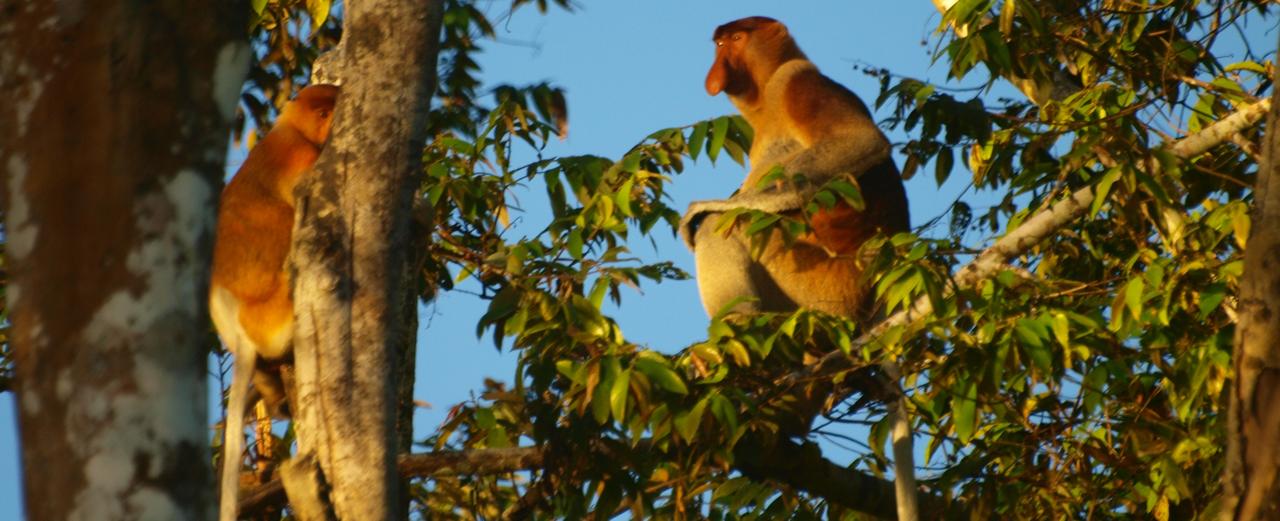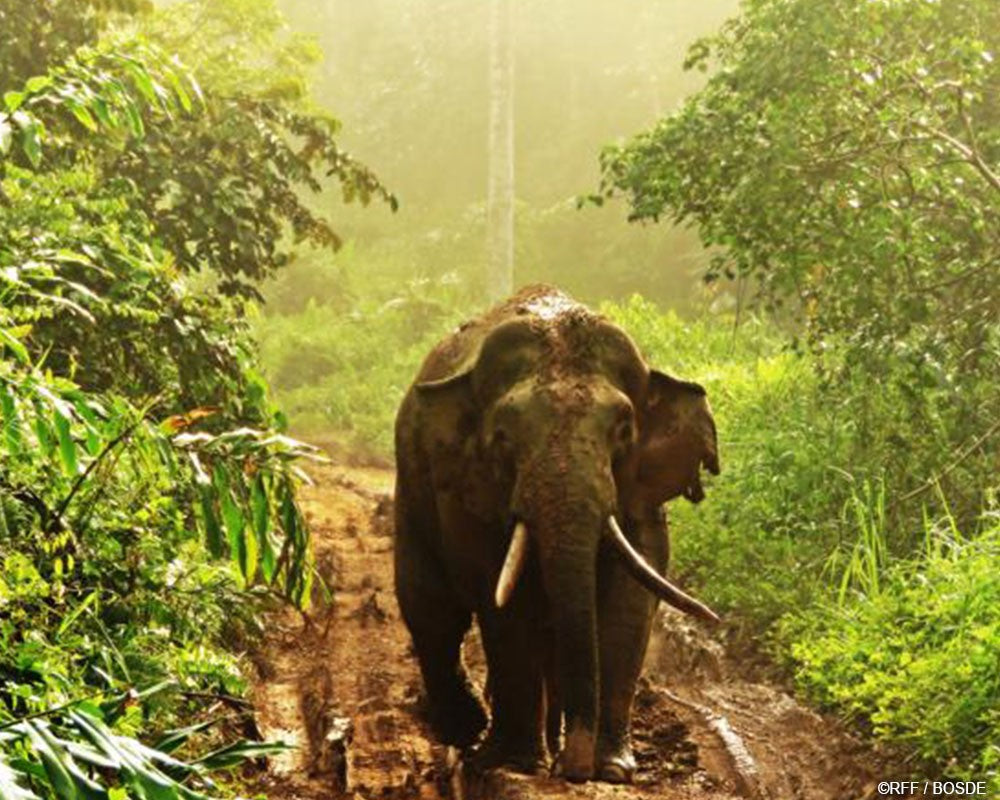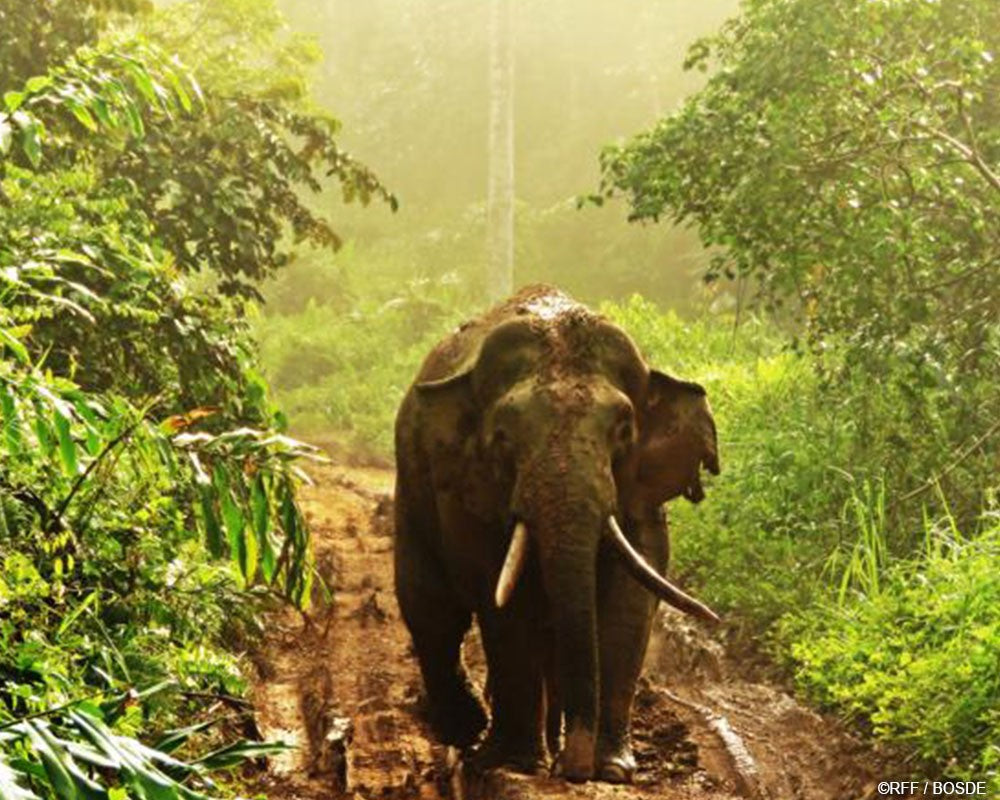Day 3
5 m² of deserted palm oil plantation will be renaturalised in Malaysia
 Oasis for orangutans and pygmy elephants
Oasis for orangutans and pygmy elephants


Transformation of palm oil plantations into rainforest

need
Networking of nature reserves in Malaysia to protect endangered animal species.
activity
Planting trees to convert a palm oil plantation into rainforest and to connect two nature reserves.
Measurable performance
Number of newly planted hectares of wildlife oasis for orangutans and pygmy elephants.
Result
An 800-meter-wide green corridor will be created, connecting two nature reserves with a total area of 200,000 hectares.
Systemically relevant impact
The habitat for many endangered species will be expanded and Malaysia’s biodiversity will be strengthened.
background


The good deed
AboutMalaysia
Kuala Lumpur
Capital city
31,949,780
Population
$27,227
Gross domestic product
per capita per year
Rank 61 of 189
Human Development Index
(Human Development Index)


